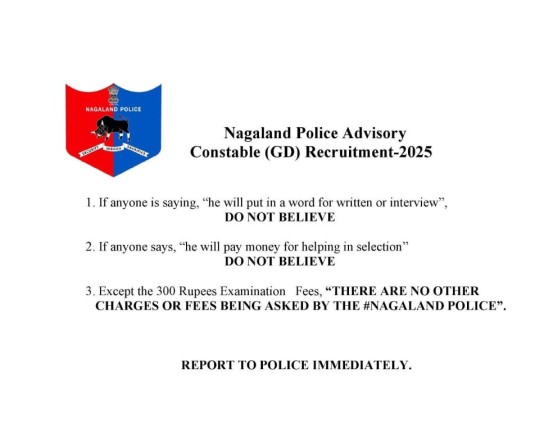
Newmai News Network
Imphal | June 26
Leaders of the Manipur Pradesh Congress Committee (MPCC) are now camping in New Delhi on the issues of the Framework Agreement signed between the NSCN (IM) and the Government of India on August 3, 2015, the Citizenship (Amendment) Bill, and the Manipur University impasse. The Congress party team is led by former Chief Minister O Ibobi Singh and former Deputy Chief Minister Gaikhangam.
According to the Congress party leaders, they will apprise the mentioned issues to the Prime Minister and other Central leaders.
“We will tell the Central leaders about the stand of the Congress party in Manipur on the issues of the Citizenship (Amendment) Bill, the Naga political issue and the Manipur University impasse,” said a Congress leader.
The Congress party leaders stated the Citizenship (Amendment) Bill 2016 once it is passed would create serious detrimental effects on the North Eastern States.
Meanwhile, sources said that the Manipur Congress leaders met Rajendra Agarwal, who is the chairman of the Joint Committee on the Citizenship (Amendment) Bill, in New Delhi today. According to an evening newspaper based in Imphal, the Congress leaders submitted a memorandum today to the chairman of the Joint Committee on the Citizenship (Amendment) Bill saying they are sternly against the passing of the Bill.
As per the newspaper, a Congress leader had informed the daily paper over phone that the Congress leaders will also be submitting a memorandum each to Union Home minister, Rajnath Singh and Centre’s Interlocutor for Naga peace talks, RN Ravi on the issue of the Naga political issue that the Congress party in Manipur will not allow any move to disintegrate Manipur in any form.
Another daily newspaper quoted former Chief Minister Ibobi Singh as saying, “The Union Cabinet may table a Bill to seal a solution to the political dialogue with NSCN-IM in the forthcoming Monsoon session of Parliament. The Bill is basically about establishment of an autonomous council for all Naga inhabited areas. Any solution worked out by the Government of India without consulting stakeholders, civil society organisations and political parties is unacceptable even if the solution must be implemented later, not now.”




